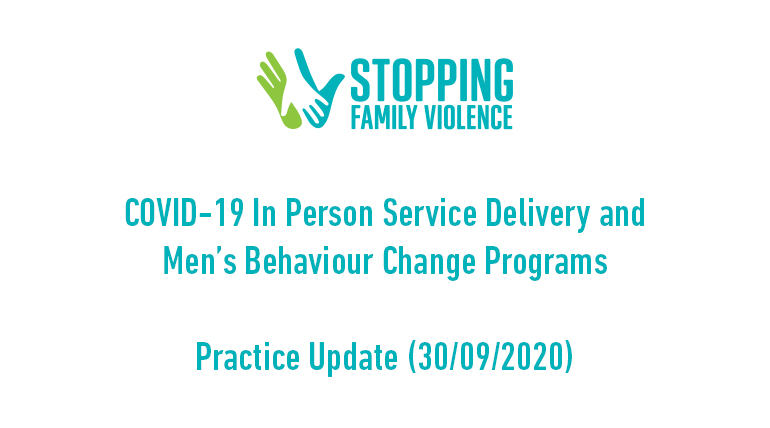Like all jurisdictions nationally and internationally, the COVID-19 situation has caused substantial economic and social disruption to Western Australians’ ways of life. However, in relative terms, the public health impact of the pandemic in this state has been ‘light’. Community transmission in Western Australia has been very low, if not non-existent during recent months. This has resulted in restrictions to limit the spread of the pandemic being eased much earlier in the state than initially expected.
There is every possibility that Western Australian communities, government organisations and public health authorities will continue to keep the pandemic well under control, without the need to return to stage three (or tighter) restrictions. However, recent events in Victoria, New Zealand, Vietnam and South Korea demonstrate that the situation can change rapidly and unexpectedly – jurisdictions that initially prevented any significant degree of community transmission are now facing notable community outbreaks. The Victorian situation is of course most pertinent here, with the combination of stage three and four restrictions resulting in substantial disruption to FDV and associated services over a period of many months.
Hopefully, Western Australia will remain relatively COVID-free until/if a vaccine is developed and a sufficient proportion of the community becomes immune. However, given that the odds of a community outbreak are not miniscule, Stopping Family Violence believes that it is important for MBCP providers to give some thought and preparation to what a return to stage three (or even tighter) restrictions might mean for their service delivery context.
This update draws upon the current challenges faced by Victorian MBCP providers, to pose priority considerations for how WA agencies might need to adapt should the pandemic re-emerge in this state. Each provider must decide for themselves how much time and resources to put into planning for the possibility of this re-emergence. However, in general terms, Stopping Family Violence believes that it is important for providers not to be ‘caught on the hop’ given the critical nature of their work, and given the pandemic’s impacts on the incidence and severity of FDV.
As such, the update outlines some of the issues that program providers could consider as part of developing organisation-specific COVID-19 response plans.
Download the COVID-19 and Men’s Behaviour Change Programs Practice Update 3
